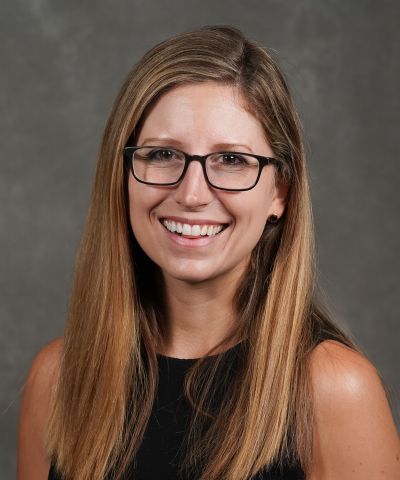
Hilary Faust, MD, MS
Madison WI 53792-3284

Dr. Faust is a faculty member in the Division of Allergy, Pulmonary and Critical Care Medicine. She is a KL2 Scholar through the Institute for Clinical and Translational Research (ICTR) at UW investigating the role of mitochondrial DNA in ARDS using cohort biobanks and cutting-edge lung microfluidic models. She is a member of the Program Committee of the Critical Care Assembly for the American Thoracic Society. Past honors include a Society for Critical Care Medicine Silver Snapshot Award and Internal Medicine Section Travel Grant and the Vox Sanguinis Best Paper Prize 2020. She co-teaches a UW School of Medicine and Public health course for medical students (Body in Balance), directs the UW Pulmonary and Critical Care Fellows Journal Club, and headed the UW Department of Medicine COVID Biomedical Sciences Subgroup. She is a member of the UW APCCM Fellows Research Committee and the Trauma and Life Support Center (TLC) Quality Improvement Committee.
Dr. Faust's clinical interests include ARDS, sepsis, mechanical ventilation, ECMO, and quality improvement.
View Dr. Hilary Faust's publications on NCBI MyBibliography.
Dr. Faust studies acute organ dysfunction syndromes in critically ill patients to discover biomarkers of injury mechanisms and biological subphenotypes. Specific interests include role of damage-associated molecular patterns such as cell-free nucleic acids in precipitating endothelial dysfunction and how this mechanism contributes to the pathophysiology of lung and kidney injury. Her long-term goal is to identify mechanistically-based subphenotypes of ARDS and AKI that may facilitate development of targeted treatments and precision medicine approaches to critically ill patients.